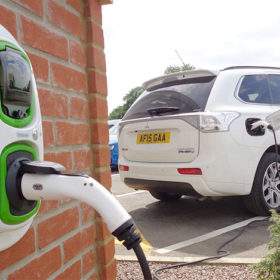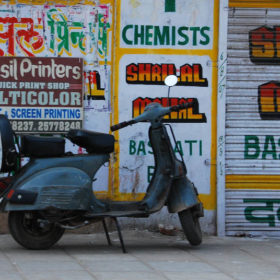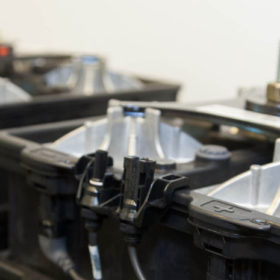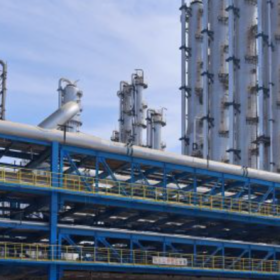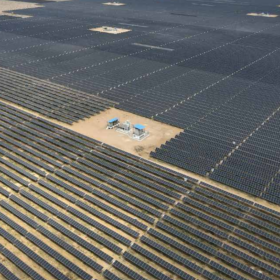India’s lithium-ion battery imports increase fourfold in two years
China, Hong Kong and Vietnam are the top three nations exporting batteries to India. Chinese imports were worth $773 million in the last fiscal year with Hong Kong shipping $267 million worth and Vietnam $114 million, according to the Ministry of Commerce.
EVs could become cheaper than combustion vehicles within three years: NITI Aayog CEO
A 50% fall in the price of Lithium-ion battery packs—to $76/KWh from $156/KWh today—will make the capital cost of electric vehicles lower than combustion vehicles. However, to realise the full benefits of EVs, it is important to charge them with clean power and not fossil power.
Li-ion Gigafactories: Niti Aayog seeks cabinet nod for Rs 7 billion annual subsidy proposal
Already approved by the finance ministry, the proposal aims to woo investors into setting up manufacturing units in India and lower battery costs with indigenization of technology. An aggregate manufacturing capacity of 50 GWh is planned to be set up over a period of 10 years, which would require investments worth Rs 355 billion.
Driving India’s energy transition
India needs to look at a diverse set of flexibility options such as natural gas capacity, variable renewables themselves, energy storage, demand-side response and power grids, to ensure successful integration of wind and and solar PV, says an International Energy Agency (IEA) report.
Government in the process of finalizing new energy policy: NITI Aayog Additional Secretary
Apart from thrust on energy efficiency and clean energy, the new policy will focus on Make in India for cells used in electric vehicle batteries and measures for demand creation and incentivizing investments.
Indigenisation of technology key to successful EV transition for auto industry: CEEW
Indigenisation of electric powertrain components and battery pack assembly could produce a 5.7% higher output value addition (US$ 2.7 billion) for the Indian auto industry in case of an electric vehicle (EV) transition.
NALCO, HCL and MECL sign JV agreement to secure lithium and cobalt
The joint venture company—Khanij Bidesh India Limited (KABIL)—will help India to secure strategic minerals from abroad for manufacturing of solar energy storage and EV batteries.
Thinktank gives manufacturers two weeks for EV adaptation blueprint
Central government has thrown down the gauntlet to the nation’s largest motorbike and scooter manufacturers after they resisted a proposal to ban non-electric sales from 2025 onwards.
Government thinktank proposes ban on diesel and petrol driven vehicles
The NITI Aayog has suggested banning sales of non-electric two and three wheelers in 2025 and cars, trucks and buses five years later as well as forcing public fleets and the cars used by ride hailing apps to be electric.
Lithium gigafactory target is raised to 50 GW, tender likely soon
The government is considering financial incentives such as import and export duty waivers to woo battery manufacturers to set up a globally competitive manufacturing base in India.

